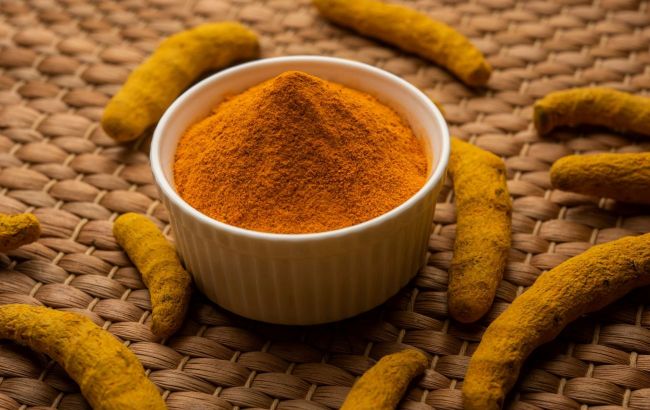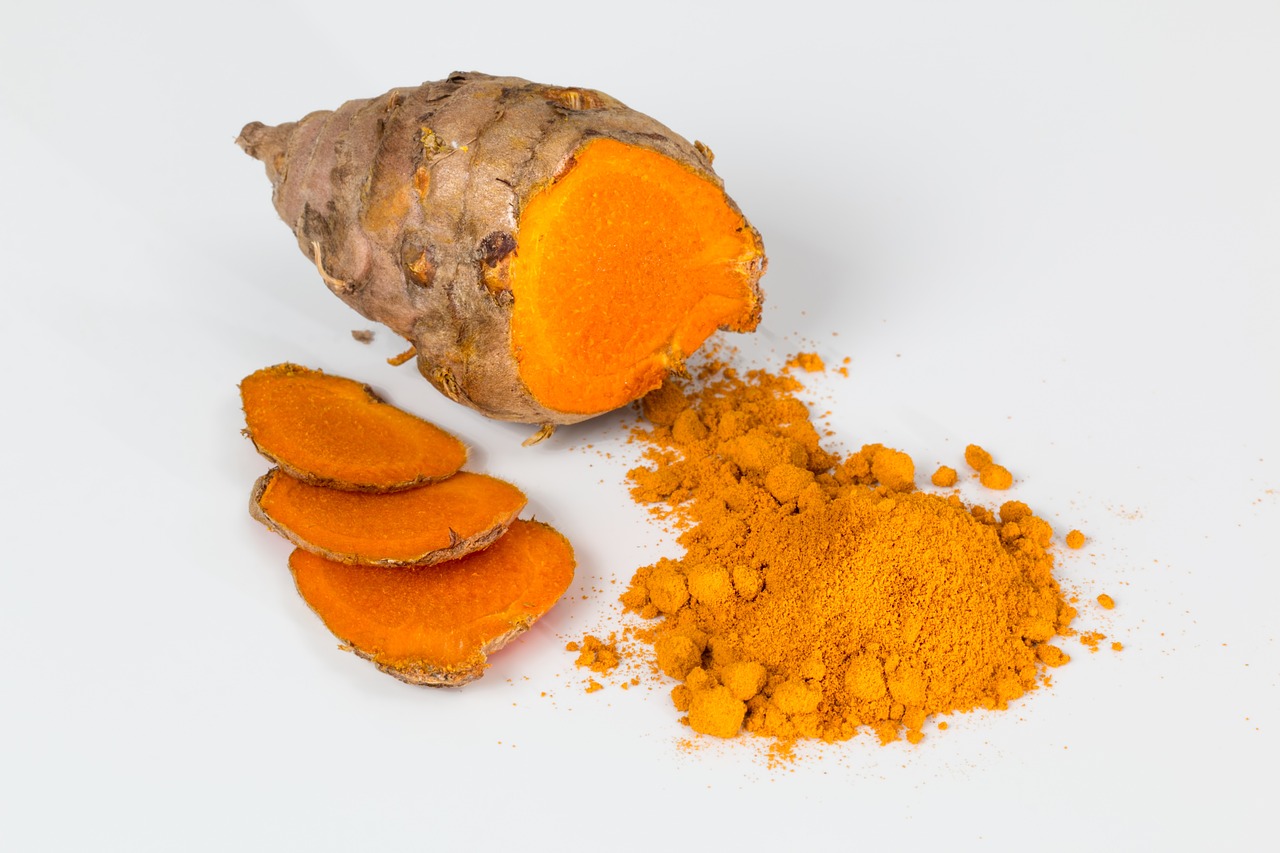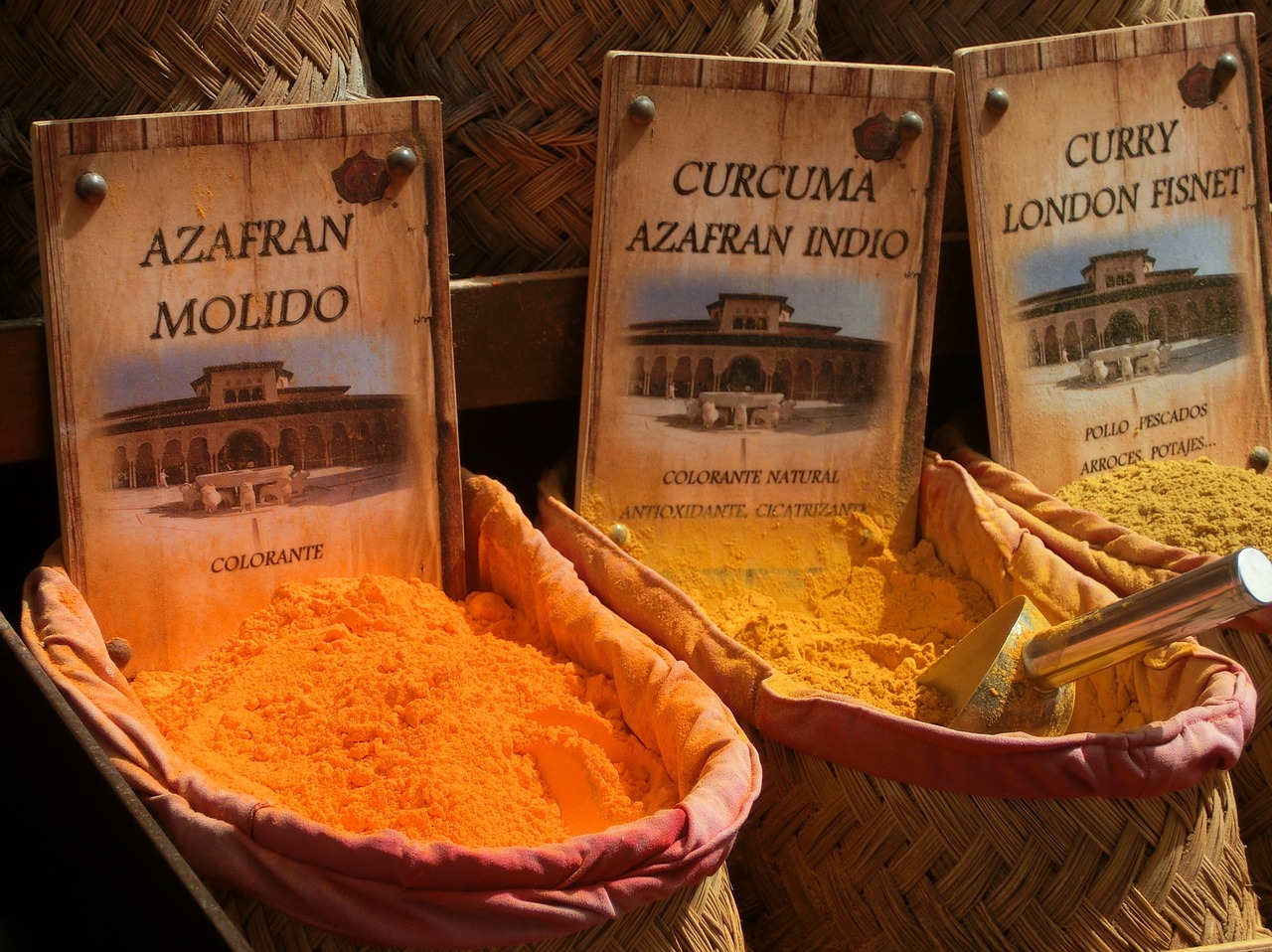Who should avoid turmeric: Everyone must know risks
 Turmeric is not useful for everyone (photo: freepik.com)
Turmeric is not useful for everyone (photo: freepik.com)
Turmeric, also known as Indian ginger, is a well-known and highly beneficial spice. However, some people should avoid consuming turmeric to prevent health problems. The following article explains the benefits of turmeric and who should refrain from consuming it.
The material was prepared using the following sources: FitoMarket, Your Health.
Benefit of turmeric for the body
Turmeric has a bitter taste and a yellow-orange color. Nowadays, the dried and powdered root of turmeric is popular not only in Asian cuisine but also in other countries.
This medicinal plant even enters the "golden list" of Ayurveda and is used to improve health as:
- an anti-inflammatory and antibacterial agent
- an antioxidant
- the most powerful blood and body purifier from toxins and waste products
Studies conducted by scientists have also recognized the anti-inflammatory, antiviral, sedative, antimicrobial, and anticancer properties of turmeric.
Overall, with regular consumption, turmeric:
- strengthens the immune system by stimulating the growth of white blood cells and lymphocytes (immune system cells that fight pathogens)
- boosts the body's defenses during seasonal infections
- promotes faster recovery after illness
- has a positive impact on the functioning of the liver and other internal organs
- reduces the risk of cardiovascular diseases
- aids in the treatment of joints (particularly easing arthritis)
- enhances cognitive function
 Turmeric root is used not only as a seasoning (illustrative photo: pixabay.com)
Turmeric root is used not only as a seasoning (illustrative photo: pixabay.com)
Who shouldn't consume turmeric
To avoid any negative consequences, experts recommend consuming no more than 3 grams of turmeric per day. However, for some individuals, it's best to avoid this spice altogether.
It is not recommended, in particular, for allergic individuals, women during pregnancy and breastfeeding, as well as children under the age of six, to consume turmeric.
Additionally, contraindications to taking this spice include:
- post-stroke conditions
- diseases of the biliary tract
- hypertension
- acute gastrointestinal diseases
- inflammatory processes of the kidneys or pancreas
- hepatitis
- gastritis
- ulcers
- vascular diseases
- glaucoma
- taking anticoagulants and medications for diabetes
 Turmeric is a natural dye (illustrative photo: pixabay.com)
Turmeric is a natural dye (illustrative photo: pixabay.com)
Why some consider turmeric poisonous
During a series of studies, scientists discovered that unscrupulous manufacturers may add special dyes and other absolutely non-beneficial "ingredients" to packaged turmeric (sold on store shelves and supermarkets).
This is supposedly to give it a recognizable and attractive color while cheapening the production process.
Within one study, even lead chromate was found in spices. Moreover, "spoiled" products were found in seven out of nine regions of supplier countries.
Considering this, scientists emphasize that adding low-quality turmeric to dishes can lead to heavy metal poisoning, as lead poses a danger at least to the heart and nervous system of humans and can cause various illnesses in children.
It is worth noting that earlier we discussed six affordable products that contribute to longevity.
This material is for informational purposes only and should not be used for medical diagnosis or self-treatment. Our goal is to provide readers with accurate information about symptoms, causes, and methods of detecting diseases. RBС-Ukraine is not responsible for any diagnoses that readers may make based on materials from the resource. We do not recommend self-treatment and advise consulting a doctor in case of any health concerns.

